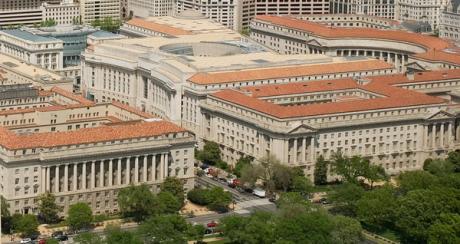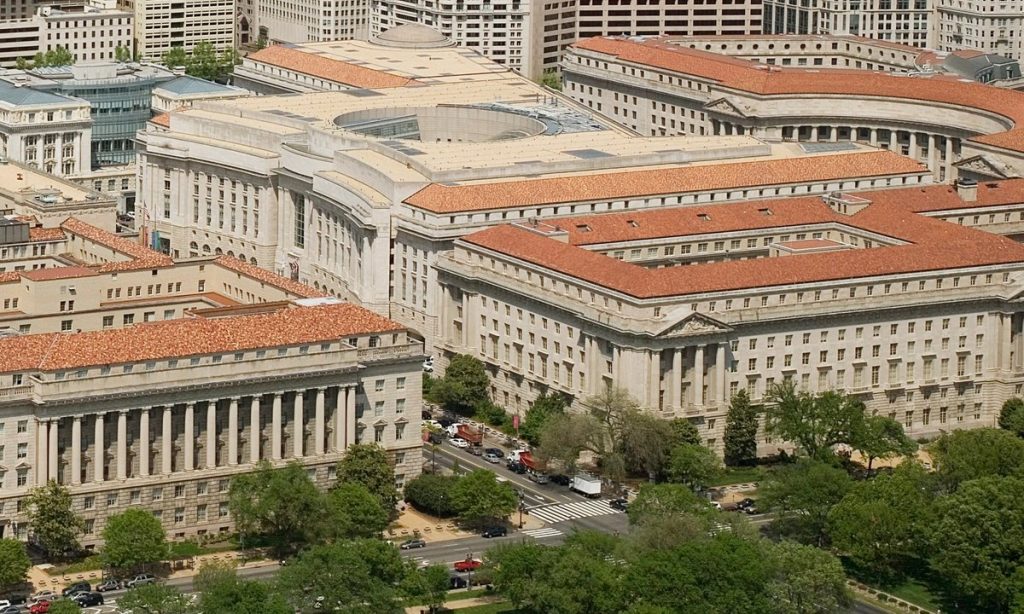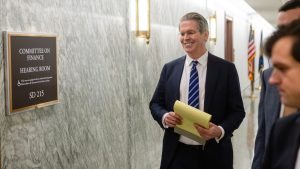
The latest casualty in the Trump administration’s quest to shut down federally funded diversity, equity and inclusion (DEI) initiatives is the National Endowment for the Arts, which announced sweeping changes to its future programming on Thusday (6 February). In a press release, a spokesperson for the NEA explained that the organisation has altered its 2026 grant guidelines to prioritise projects that honour the upcoming 250th anniversary of the signing of the Declaration of Independence. The NEA has also eliminated the Challenge America grant, which awarded projects that “extend the reach of the arts to underserved groups/communities” by giving $10,000 to small organisations that could allocate matching funds.
Verbiage on the NEA’s website encourages applicants to instead apply to the Grants for Arts Projects program, but online updates reveal that the program’s guidelines will now “encourage projects that celebrate the nation’s rich artistic heritage and creativity by honoring the semiquincentennial of the United States of America”.
While applicants have until 10 July to apply, organisations that have already submitted applications must re-apply in accordance with these new guidelines.
These changes arrive in the wake of other directives from the president’s desk, including the Smithsonian’s closure of its diversity office and the reassignment of DEI staff at the National Gallery of Art in Washington, D.C. During Trump’s first term, multiple Republican-backed budget proposals attempted to deliver on the party’s long-attempted goal of eliminating the NEA. Trump’s administration has referred to DEI initiatives as “illegal and immoral discrimination programs”.
The NEA’s announcement follows the signing of a 29 January 2025 executive order by President Trump that established a new task force to “plan, organize and execute” the 250th Declaration of Independence celebration, separate from the U.S. Semiquincentennial Commission. Federal agencies must submit events planned for 2026 before March 1st. The NEA had been shifting priorities in the direction of the Semiquincentennial before Trump’s rise to power, and in 2019 launched an initiative called A More Perfect Union aimed at funding grants in 50 states and jurisdictions that relate to the founding of the United States.
In an email to The Washington Post, Elizabeth Auclair, an assistant director of public affairs at the NEA, wrote, “The FY2025 grants announced earlier this year were all approved by the NEA Chair under the previous administration. The recommended organizations then work with the NEA on finalizing the awards. Today’s update relates to applicants for FY2026”.
The NEA awards grants to theatre, museums, and other cultural entities based on its annual pool of $200 million of federal funding. According to The Washington Post, the agency received 2,195 eligible Grants for Arts Projects applications for this fiscal year, submitted in February of 2024. The NEA has stated that it would award 1,127 grants a total of $31,825,500 in support for arts projects across 15 artistic fields in 2025.
Small arts organisations around the country fear what these reprioritisations might mean for the future of their programming. Roger Schmidt, executive director of Sitka Fine Arts Camp, which serves students from rural Alaska, called the change “a political and ideological stunt” in a statement to The Washington Post, further adding, “If I were to tell the kids that this summer was going to be about the Constitution … I think that narrow focus would be really devastating.”








